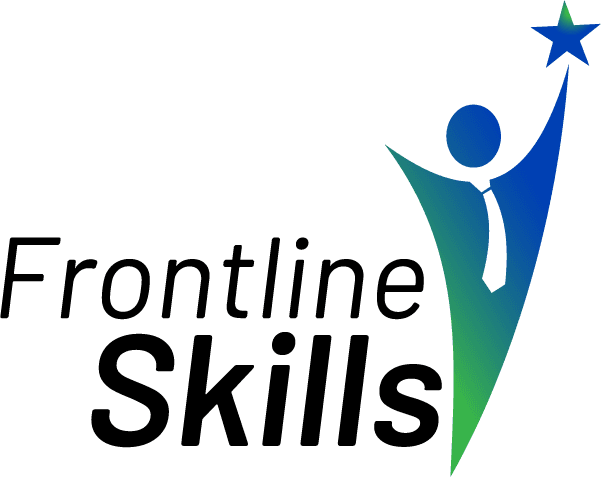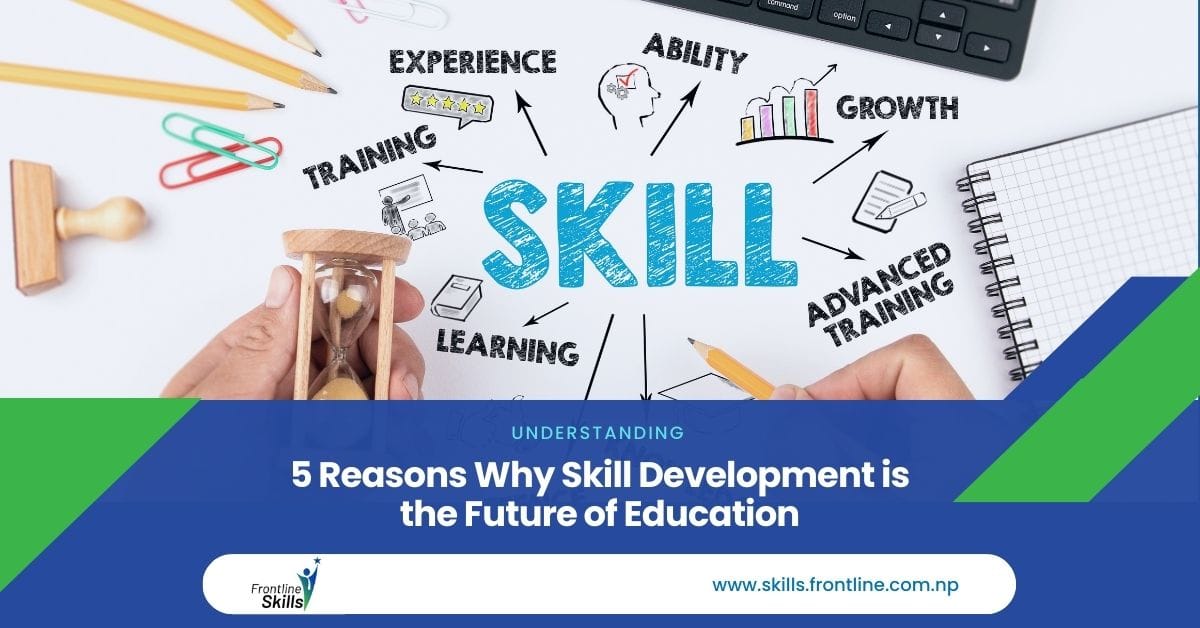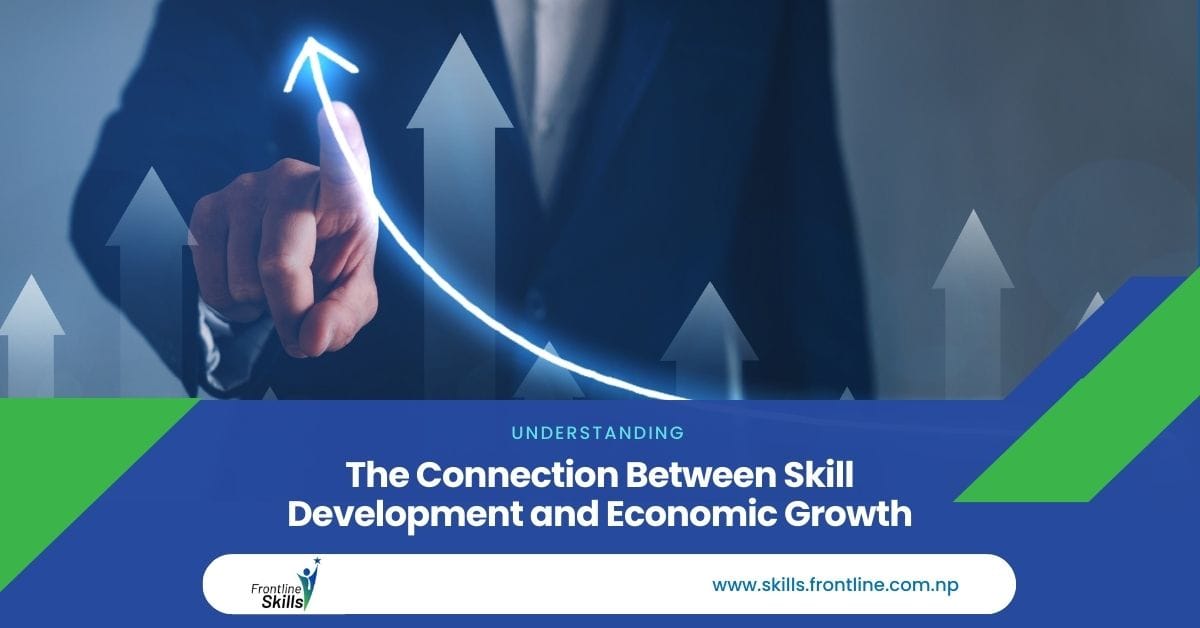Skill Development is the Future of Education
In today’s rapidly evolving world, traditional education models are being challenged by the growing demand for practical skills and real-world competencies. Employers and industries are seeking professionals who not only have theoretical knowledge but also possess hands-on expertise in their respective fields. This shift has made skill development a crucial aspect of modern education.
Below, we explore five key reasons why skill development is shaping the future of education.
1. Bridging the Gap Between Education and Employment
One of the biggest challenges in the education sector is the gap between academic learning and industry requirements. Many graduates struggle to secure jobs due to a lack of practical experience and job-ready skills.
- Industry-relevant training ensures that students acquire skills that align with market needs.
- Internships, apprenticeships, and vocational training provide hands-on experience, making candidates more employable.
- Employers prioritize candidates with practical skills, such as problem-solving, teamwork, and communication, over those with just theoretical knowledge.
By focusing on skill-based education, institutions can better prepare students for the workforce and increase employment rates.
2. Adaptability to Technological Advancements
The digital revolution is transforming industries at an unprecedented pace. As new technologies emerge, the demand for specialized skills continues to grow. Artificial intelligence (AI), data science, cloud computing, and cybersecurity are just a few fields that require constant upskilling.
- Continuous learning programs help professionals stay relevant in their careers.
- Online courses and certification programs provide flexible learning opportunities.
- Hands-on training in emerging technologies ensures individuals can adapt to changing industry needs.
Educational institutions that integrate technology-driven skill development into their curriculum will empower students to thrive in the digital economy.
3. Fostering Innovation and Entrepreneurship
Traditional education often focuses on rote learning, while skill-based education encourages critical thinking, creativity, and innovation. With the rise of entrepreneurship, students are now looking beyond conventional job roles to create their own opportunities.
- Entrepreneurial skills training equips students with the knowledge to start and sustain businesses.
- Problem-solving and decision-making skills are crucial for business success.
- Hands-on projects and real-world case studies help students understand market dynamics.
By nurturing entrepreneurial mindsets, education systems can cultivate a generation of innovators and job creators rather than just job seekers.
4. Enhancing Workforce Productivity and Efficiency
Employers increasingly seek candidates who can contribute to business success from day one. Skill development programs help individuals enhance their productivity, efficiency, and problem-solving abilities.
- Workplace training programs enable employees to perform tasks effectively.
- Technical and soft skills training ensures individuals can adapt to diverse work environments.
- Project-based learning models promote hands-on experience and practical application of knowledge.
A skilled workforce leads to higher job satisfaction, reduced training costs, and increased efficiency, benefiting both employers and employees.
5. Lifelong Learning and Career Growth Opportunities
In a rapidly changing job market, lifelong learning has become essential for career advancement. Skill development programs allow individuals to stay ahead in their fields and unlock new career opportunities.
- Reskilling and upskilling initiatives help professionals transition into high-demand job roles.
- Online platforms offer accessible and affordable learning solutions.
- Certification programs validate expertise and enhance career prospects.
Education should no longer be viewed as a one-time phase but as a continuous journey. Individuals who commit to lifelong learning can remain competitive in their industries and achieve sustained career growth.
Conclusion
The future of education lies in skill development, ensuring that learners are prepared for the challenges of the modern workforce. By integrating practical learning experiences, technological adaptability, entrepreneurial training, workforce productivity programs, and lifelong learning opportunities, educational institutions can equip students with the tools they need to succeed. Embracing a skill-based approach to education will not only benefit individuals but also drive innovation, economic growth, and societal progress.
130 views



